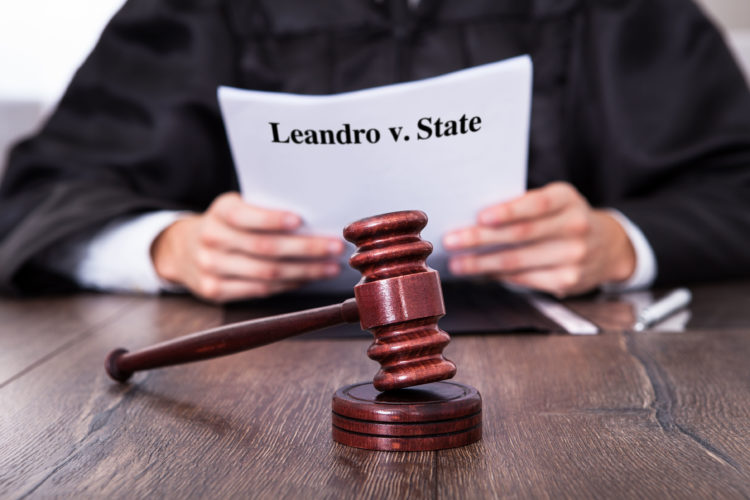We do not know why North Carolina Supreme Court Chief Justice Paul Newby used his legal authority to assign oversight of the Leandro v. State of North Carolina case to Special Superior Court Judge Michael Robinson. Judge Robinson will be the third judge to oversee the case since the state Supreme Court remanded it to the trial court over two decades ago. He will replace retired Union County Judge David Lee immediately.
Shortly after Carolina Journal broke the story, the Leandro lobby flocked to social media to complain about the change. Rep. Julie von Haefen, a Democrat representing Wake County in the General Assembly, opined, “I guess if you don’t like how the game is going, you just change the rules instead.” Contrary to her claim, no one changed the rules. Justice Newby’s order invoked Rule 2.1 of the General Rules of Practice for the Superior and District Courts. That rule authorizes the chief justice of the North Carolina Supreme Court to make such a change.
Not to be outdone, State Senator Jay Chaudhuri tweeted, “This is akin to a losing basketball team changing out a referee in its favor.” The last “referee” allowed the teams to quit competing altogether. An informal cooperative agreement between the plaintiffs and defendants emerged in 2017. This unconventional arrangement led to a subpar comprehensive remedial plan formulated by California-based consultant WestEd and approved by Judge Lee without serious scrutiny.
During his tenure, Judge Lee established a record of near unconditional deference to WestEd and attorneys representing the plaintiffs, defendants, and intervenors. That is why the Leandro lobby is outraged by Justice Newby’s order. They fear the prospect of encountering an independent-minded judge like Robinson.
Perhaps Newby recognized that Lee’s light touch had done more harm than good. If that is his motivation for assigning a new judge to the Leandro case, he made the right decision.


